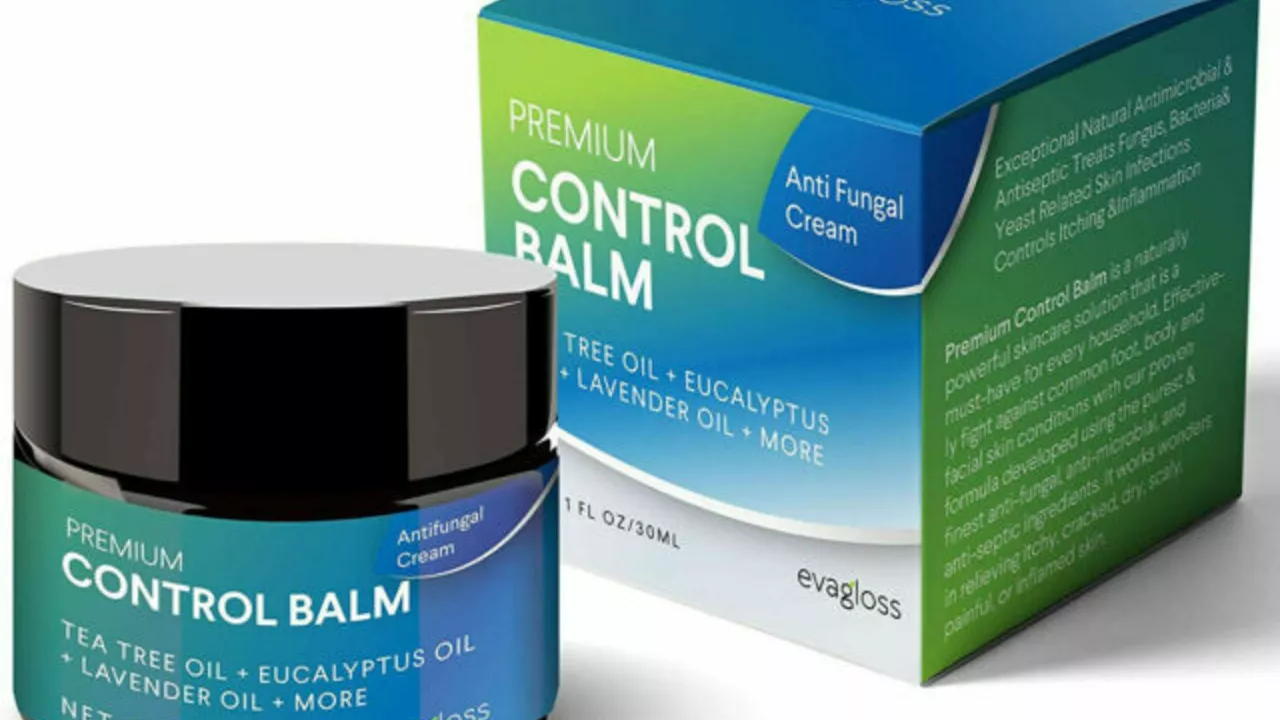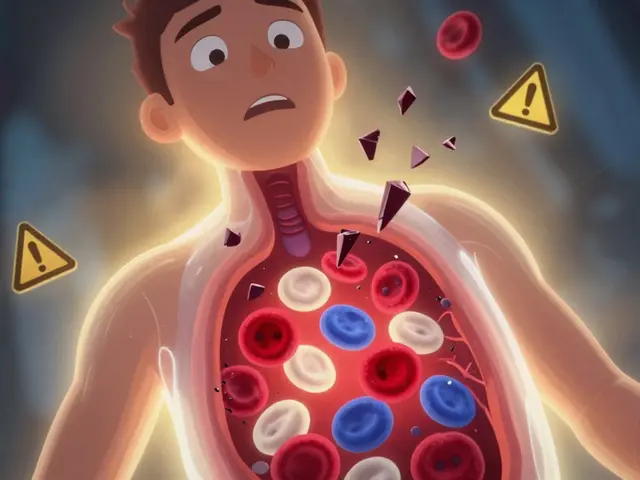Anti-Itch Cream: Fast Relief and How to Choose One
Got an itch that won't quit? A good anti-itch cream can stop the scratch-scratch-scratch cycle fast. This page gives clear, practical advice on which creams work for common problems, how to use them safely, and when to see a healthcare pro.
Quick buying guide: pick the right type
Read the active ingredient before you buy. That tells you what the cream actually does.
- Hydrocortisone (1%): Great for mild eczema, insect bites, and localized inflammation. Use short-term and follow instructions.
- Calamine or zinc oxide: Good for soothing poison ivy, poison oak, or weeping rashes. They dry and calm irritated skin.
- Menthol/camphor or pramoxine: Give cooling, fast relief for things like bug bites or minor irritations.
- Antifungal creams (clotrimazole, miconazole): Use when the itch comes with scaling, odor, or a well-defined ring (likely a fungus).
- Avoid topical antihistamines like diphenhydramine long-term—they can cause new contact allergies in some people.
Also think about the vehicle: creams and lotions work well for wetter rashes, ointments are better for dry, scaly skin because they lock in moisture.
How to use anti-itch creams safely
Start with a small patch test if you’re trying a product for the first time—apply a pea-sized amount to a non-sensitive area for 24 hours. Stop if you get more redness or burning.
Follow label directions for amount and frequency. For creams like 1% hydrocortisone, most adults use a thin layer twice daily for up to 7–14 days. Don’t use prescription-strength steroids on your face, groin, or for long periods unless a doctor tells you to.
Don’t mix products unless a pharmacist approves—some combinations can irritate skin or reduce effectiveness. If you have broken skin, pus, spreading redness, fever, or severe swelling, skip home treatments and see a clinician right away.
For kids and pregnant or breastfeeding people, ask a healthcare provider before using steroid creams or strong medicated ointments.
Extra tips: keep nails trimmed to avoid breaking skin, use cool compresses for immediate comfort, and replace expired creams. If itching is widespread, comes with hives, or lasts more than two weeks, check in with a doctor—sometimes oral medicine or a different diagnosis is needed.
If you want deeper reads, we have guides on antihistamine alternatives and safe steroid use. Or ask a pharmacist at MyPharmacy-Online for a quick recommendation based on your symptoms.
One final tip: pick a product for the likely cause. Match the active ingredient to your problem and you’ll reach relief faster.

How to choose the best anti-itch cream for your skin
Choosing the best anti-itch cream for your skin can be a bit overwhelming, considering the numerous options available. To make the right choice, start by identifying the cause of your itch, such as dry skin, insect bites, or allergies. Next, consider creams with soothing ingredients like hydrocortisone, calamine, or menthol to provide relief. Make sure to read labels and avoid creams with potential irritants, especially if you have sensitive skin. Lastly, don't hesitate to consult a dermatologist if you're unsure or if the itch persists despite using over-the-counter creams.
Categories
- Medications (70)
- Health and Medicine (61)
- Health and Wellness (36)
- Online Pharmacy Guides (16)
- Nutrition and Supplements (9)
- Parenting and Family (3)
- Environment and Conservation (2)
- healthcare (2)
- prescription savings (1)
Popular Articles



